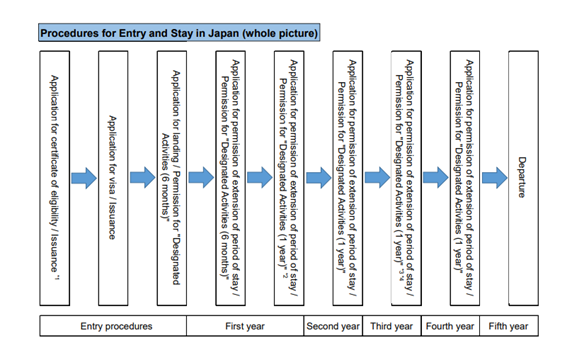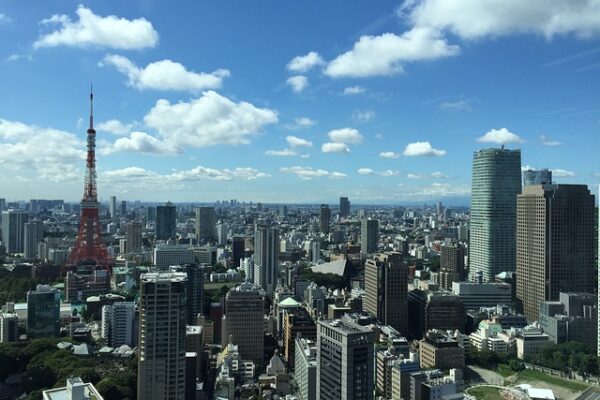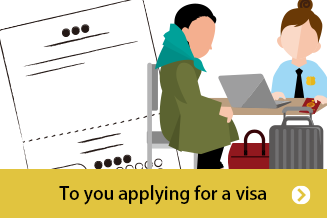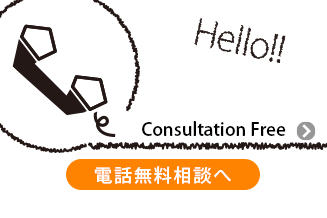New Fourth-generation Japanese visa (4 sei visa)

2024,02,11
Since the end of December 2023, the Japanese government relaxed the requirements for the residency status of fourth-generation Japanese individuals.
We would like to explain about 4 sei visa and the details for the new requirements.
Related article: Visa Application for Japanese Third Generation (Nikkei Sansei)
The purpose and overview of the program

*from the website of immigration office
The purpose of this program is to foster fourth-generation Japanese individuals as bridges between Japan and overseas Japanese communities by providing opportunities for them to engage in activities to acquire Japanese culture.
With the 4 sei visa, you can live in Japan up to 5 years.
The difference from other residency statuses is that, to apply for this visa, it is required to have a “Fourth-Generation Japanese Descendant Supporter” who provides support free of charge during the total of three years of residency in Japan.
What are the roles of supporter?
The role of the supporter includes:
– Providing assistance and guidance to fourth-generation Japanese individuals in acquiring Japanese culture and related activities.
– Offering appropriate support to ensure the smooth conduct of cultural learning activities.
– Being available for consultation and support in case of any issues or challenges that arise from living in an environment different from their home country.
Who can be a supporter?
Requirements for individuals
– Individuals residing in Japan, regardless of nationality, can become supporters. However, if not Japanese nationals, they need to be permanent residents, special permanent residents, long-term residents with over three years of residency, or have specific residency statuses such as being a spouse of a Japanese national or permanent resident.
– Each supporter can assist up to three fourth-generation Japanese individuals, excluding those who have already resided in Japan for over three years using this program.
Requirements for organizations
– The organization must be a non-profit organization (NPO) engaged in international exchange or community service activities in the area where the supported fourth-generation Japanese individuals reside.
Requirements for 4 sei visa
– Between 18 and 35 years old upon entry into Japan. (The age range has been extended from 18 to 30 years old to 35 years old.)
– Possess a return travel ticket or sufficient funds to purchase one.
– Be able to support oneself independently while residing in Japan.
– In good health.
– Good conduct.
– Be enrolled in insurance covering injury, illness, or death during the stay in Japan.
– Basic Japanese ability
At the time of issuance of the Certificate of Eligibility, individuals aged 18 to 30 must have passed the Japanese Language Proficiency Test (JLPT) at the N5 level or higher. For those aged 31 to 35, passing the JLPT at the N3 level or higher is required.
– Have a supporter (except for those who have previously stayed in Japan for a total of three years using this system and wish to re-enter using the same system).
– Have not resided in Japan for a total of five years using this system.
Required documents
To prove being a fourth-generation Japanese descendant, the following documents are required:
– Copy of the family register (koseki tohon) or certificate of removal from family register (joseki tohon) of great-grandparents (Japanese nationals).
– Marriage certificate of grandparents, parents, and great-grandparents issued by authorities in the home country (foreign country).
– Birth certificate of grandparents, parents, and fourth-generation Japanese individuals issued by authorities in the home country (foreign country).
– Certificate regarding acknowledgment of fourth-generation Japanese individuals issued by authorities in the home country (if applicable).
– Acknowledgment of birth certificate or acknowledgment certificate (if filed with Japanese authorities) of fourth-generation Japanese individuals.
To prove that the individual is between 18 and 35 years old, the following documentation is required:
– Identification document (passport, ID card, driver’s license, voter registration card, etc.).
Evidence of possessing sufficient funds to purchase a return ticket, as well as the ability to sustain oneself independently during the stay in Japan
– Bank balance statement
– Employment confirmation letter, if available
Health certificate for verifying good health.
Certificate of no criminal record issued by the relevant authority in the nationality country or the country of previous residence before entering Japan.
Insurance declaration form for proving insurance coverage in case of injury, illness, or death during the stay in Japan
Documentation to demonstrate Japanese language proficiency
Other relevant documents explaining the purpose of entry and activities after entry:
– Declaration form
What you can do with this visa
(1) Learning Japanese language and culture:

Such as
– Attending free Japanese language courses organized by local authorities on a weekly basis to study Japanese.
– Participating in classes such as judo or tea ceremony weekly to study Japanese culture.
These activities should be conducted at least once a week and on a consistent basis.
(2)Work:
Fourth-generation Japanese individuals entering Japan under this program are allowed to work. However, they must engage in the activities mentioned in (1) above, such as learning Japanese language and culture, in order to work. In other word, working without participating in Japanese language and culture learning activities is not permitted.
There are no nationality restrictions for entry under this program. However, the number of fourth-generation Japanese individuals allowed to enter using this program is limited to 4,000 per year.
If you are considering applying for this visa, please feel free to contact us via the inquiry form.
We are here to assist you.
Profile
Ami Ito Immigration lawyer in Tokyo, Japan
– Spent high school years in the U.K. and graduated from a local school.
– Studied mainly intercultural communication at Sophia University’s Faculty of Foreign Languages, English Department.
– Worked in the overseas department of SEIKO for 11 years after graduation.
– Over 10 years of experience teaching English to high school students, with a TOEIC score of 970 and a Class A level in the United Nations Associations Test of English.
– Serves as a board member in charge of international affairs at the Chiba Administrative Scrivener Association.
– Officially registered on the Financial Services Agency’s “List of Professionals (Administrative Scriveners) in Chiba Prefecture capable of providing services in foreign languages.”
News and Blog







